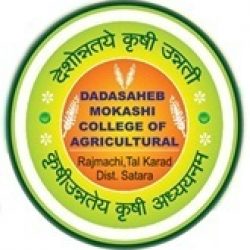IMPORTANCES
Entomology is now a well-established degree and with the scope of the environmental sciences continuing to expand, the evidence that we can acquire from it is expected to continue to have the broadest possible appeal. Though classed as a subsection of zoology, it is a deep enough subject to require specific undergraduate and postgraduate qualifications. Entomology usually comes under the control of biology or agriculture departments, and most universities in the world offer courses in entomology. Students wishing to take advanced degrees and PhD programme have a lot of choice; most research roles will require at least a Master’s level degree – if not a Doctorate. Most entomologists go on to work in agriculture and conservation, in ecology and land management (national parks for example).
SCOPE
- Pest control, eventually leading to a better agricultural output.
- Forensic entomology, which can help in various criminal investigations.
- Entomology can help predict climate change.
- Aiding in archaeological discoveries.
- Anthropological research.
- Study of genetics , sex determination , neurobiology , Gene expression , endocrinology and translational control.
- And many more.
In short words, the scope of Entomology is huge, only if you are truly passionate about it 🙂
Agril. Entomology
| Sr. No. | Semester | Course No. | Credits | Course Title |
| 1 | II | ENTO 121 | 2(1+1) | Fundamentals of Entomology |
| 2 | III | ENTO 232 | 2(1+1) | Insect Ecology and Integrated pest Management |
| 3 | IV | ENTO 243 | 2(1+1) | Pest of Horticultural Crops and their Management |
| 4 | V | ENTO 354 | 2(1+1) | Pests of Crops and Stored Grain and their Management |
| 5 | VI | ENTO 365 | 2(1+1) | Management of Beneficial Insects |
| 5 | VIII | ELM ENTO 486 | 10(0+10) | Mass Production of Bio agents and Bio pesticides |
| 6 | VIII | ELM ENTO 487 | 10(0+10) | Commercial Bee Keeping |
| 7 | VIII | ELM ENTO 488 | 10(0+10) | Silkworm Cocoon Production Technology |
